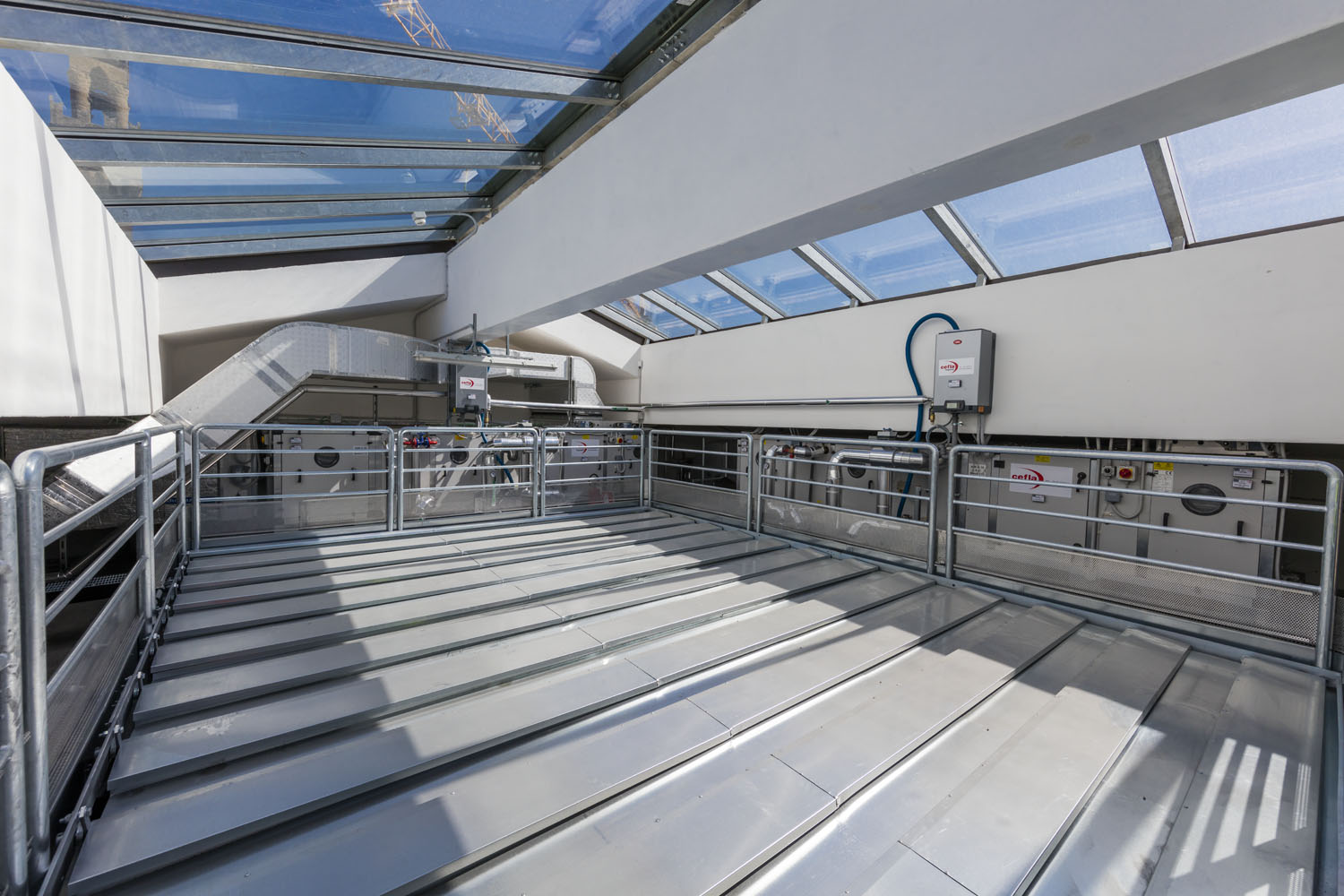M9 Museum of the Twentieth Century
EPC Contracting for M9 Museum of the Twentieth Century
Promoted by Fondazione di Venezia and inaugurated in December 2018, the Museo del Novecento in Mestre is a new pole of attraction towards the city centre.
Strengths
Advanced energy efficiency
The M9 complex is an example of an NZEB (Nearly Zero Energy Building), thanks to its high-performance systems and engineering solutions.
Innovative technology
Cefla has implemented trigeneration systems, geothermal heat pumps and photovoltaic systems, ensuring a combined and intelligent use of energy sources.
Architectural integration
The facilities have been perfectly integrated into the historical and urban texture of downtown Mestre, preserving the aesthetics and value of the site.
Key Numbers
over 9.000 m²
Total area served
200 kWe
Installed trigeneration power
350 m²
Surface area of photovoltaic panels
About
500 tonnes/year
CO₂ emissions avoided
Background
The M9 Museum, located in Mestre (Venice), is an innovative museum and cultural centre dedicated to the Italian 20th century. The project is part of an urban regeneration programme on former brownfield sites, with a particular focus on the dialogue between contemporary architecture and the historical background.
A project characterised by a remarkable level of integration between architectural, structural and plant engineering aspects and innovative technologies for Italy.
Challenges
- NZEB building in a historic setting
Creating a nearly zero-energy complex within an established urban centre required highly innovative solutions that were compatible with architectural and landscape constraints. - Multi-source integration
Coordinating different energy technologies (trigeneration, geothermal, photovoltaic) into a single harmonised and efficient system - Precision engineering
High standards of comfort and microclimate control to ensure the preservation of museum exhibits and the wellbeing of visitors.
Project Tasks
Cefla was responsible for:
- The design and construction of the air conditioning, electrical, plumbing and special systems.
- The installation of the trigeneration system, consisting of a gas-fired internal combustion engine with heat recovery for heating and cooling.
- The implementation of geothermal heat pumps and photovoltaic panels, with intelligent integration via a BMS (Building Management System).
Implementation
Works carried out between 2016 and 2018 enabled the museum to open as Italy's first NZEB museum complex, meeting all deadlines, quality standards and energy targets. The M9 stands out for its low-enthalpy geothermal field, consisting of 60 probes 110 m deep with polyethylene pipes and glycol-free water, ensuring the sustainability of the system. The multi-purpose heat pumps, with exchange capacities of 356 kW (heating) and 211 kW (cooling), make the system highly efficient (COP 4.19, EER 4.68), integrating scroll compressors (R410a) and a screw heat pump (R134a) for higher thermal requirements.
All systems are designed to maximise efficiency, both in air conditioning and DHW production, avoiding the use of methane gas generators in favour of eco-efficient solutions. DHW for the toilets comes from the heating and cooling plant, while that for the kitchen is stored and heated by heat pumps and an electric booster.
Each area of the museum has calibrated plant solutions: the ground floor has radiant panels and fan coils, the basement and educational areas have all-air systems and localised fan coils, and the upper floors are air-conditioned using thermal slab systems, which use the thermal inertia of the structures for maximum energy efficiency and comfort. This differentiated approach and use of advanced systems result in an eco-efficient and innovative footprint of the entire project.
Download
Gallery



Tutte le foto (3)



Case Study
 EPC Contracting
EPC Contracting
Sea Linate Malpensa
CEFLA enhances Milan's Linate and Malpensa airports with advanced plant engineering, ensuring...
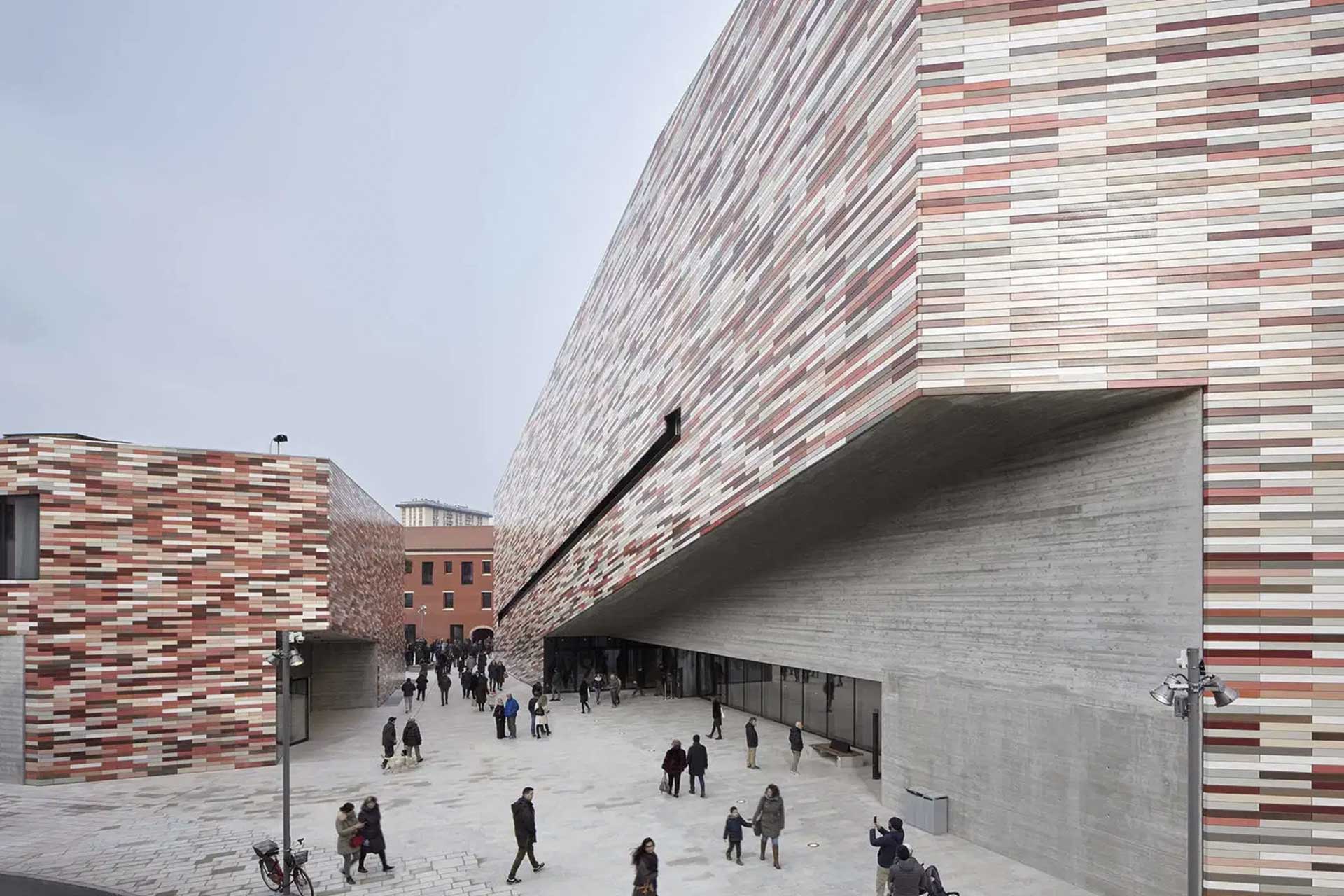 EPC Contracting
EPC Contracting
M9 Museum of the Twentieth Century
The M9 Museum in Mestre: an example of urban regeneration and energy sustainability thanks to...
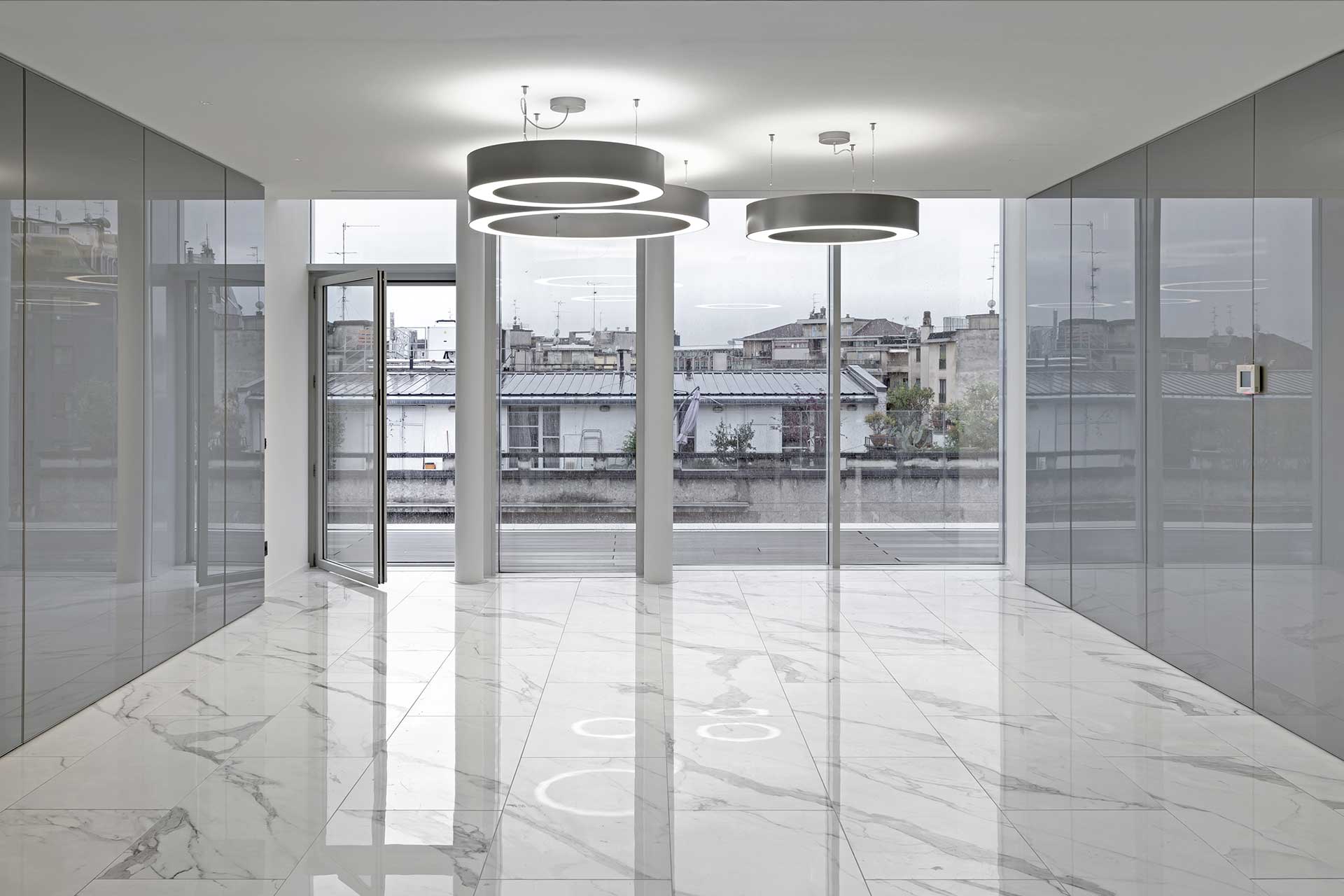 EPC Contracting
EPC Contracting
Cà Litta
Technological redevelopment of Cà Litta in Milan: advanced solutions and respect for historical...
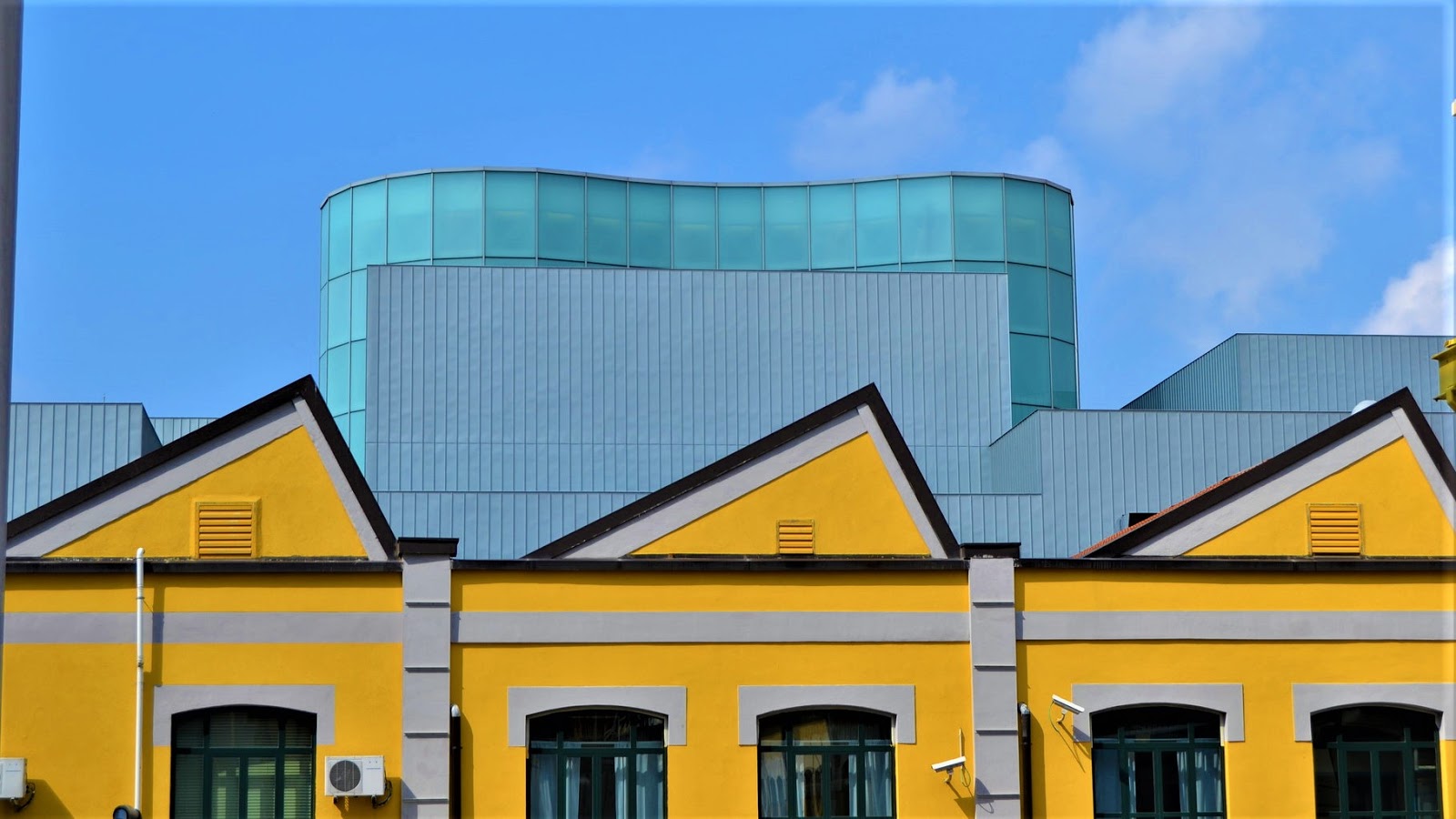 EPC Contracting
EPC Contracting
City of Cultures
Cefla has integrated advanced technologies and sustainable energy systems into Milan's City of...
 EPC Contracting
EPC Contracting
Rome Metro
Redevelopment of the Termini junction in Rome: Cefla improves safety, efficiency and accessibility...
 EPC Contracting
EPC Contracting
Unipol Midi
Learn about the construction of the Unipol Midi complex in Bologna: integrated design, energy...
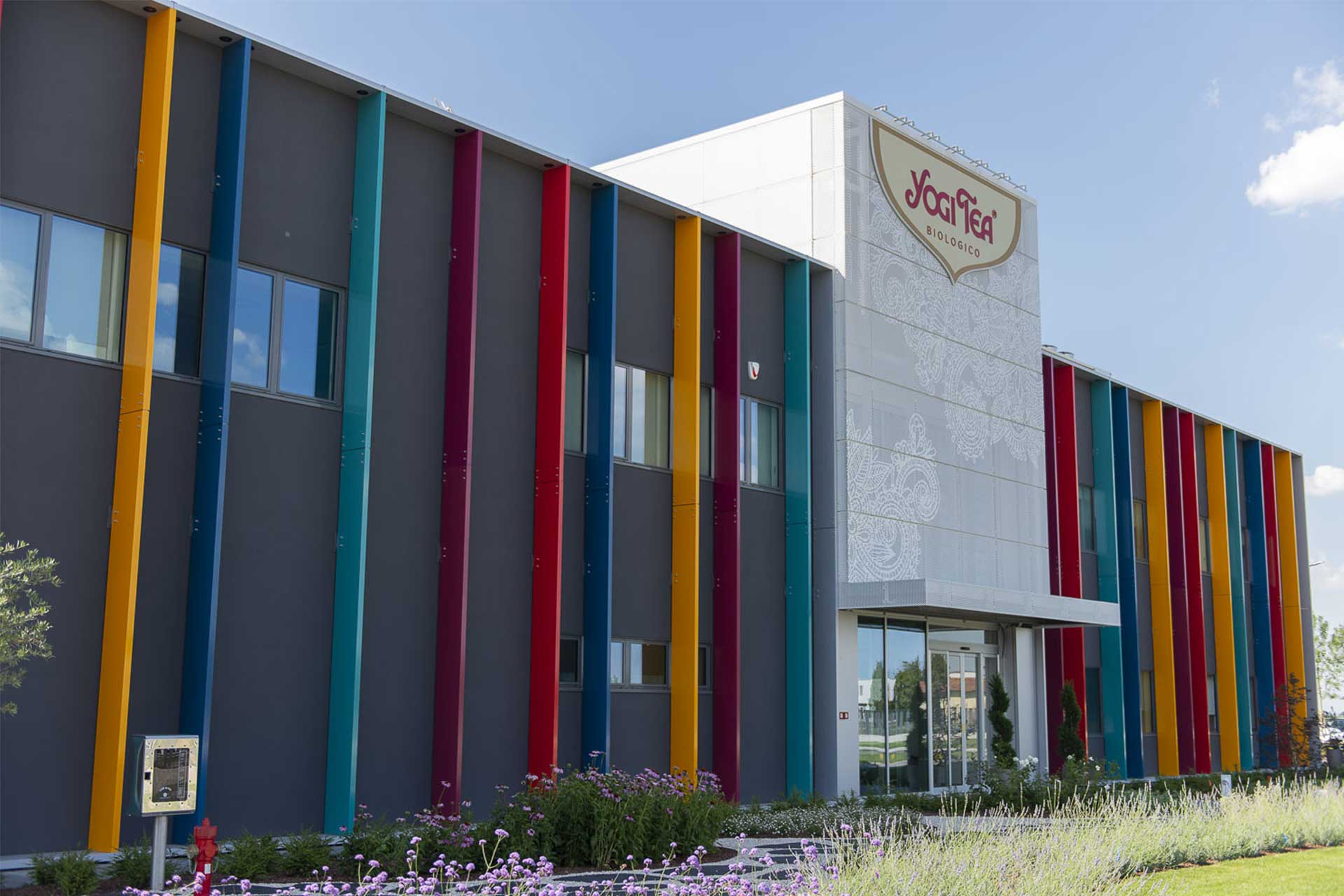 EPC Contracting
EPC Contracting
TeaPak
Cefla builds a new production plant for TeaPak in Imola, completed during the pandemic, with...
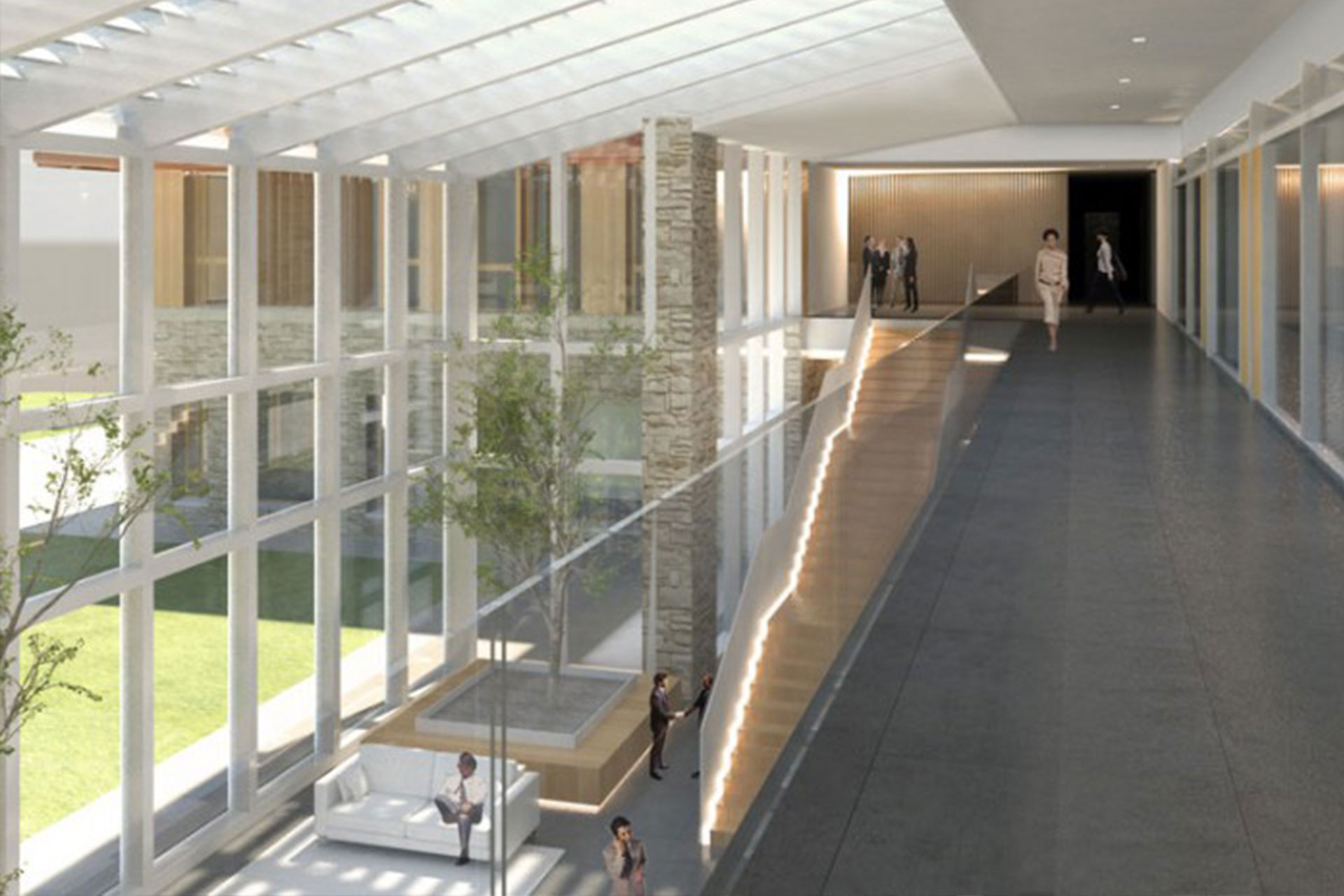 EPC Contracting
EPC Contracting
Crif CED
Installation and certification of a state-of-the-art data center for CRIF, with architectural...
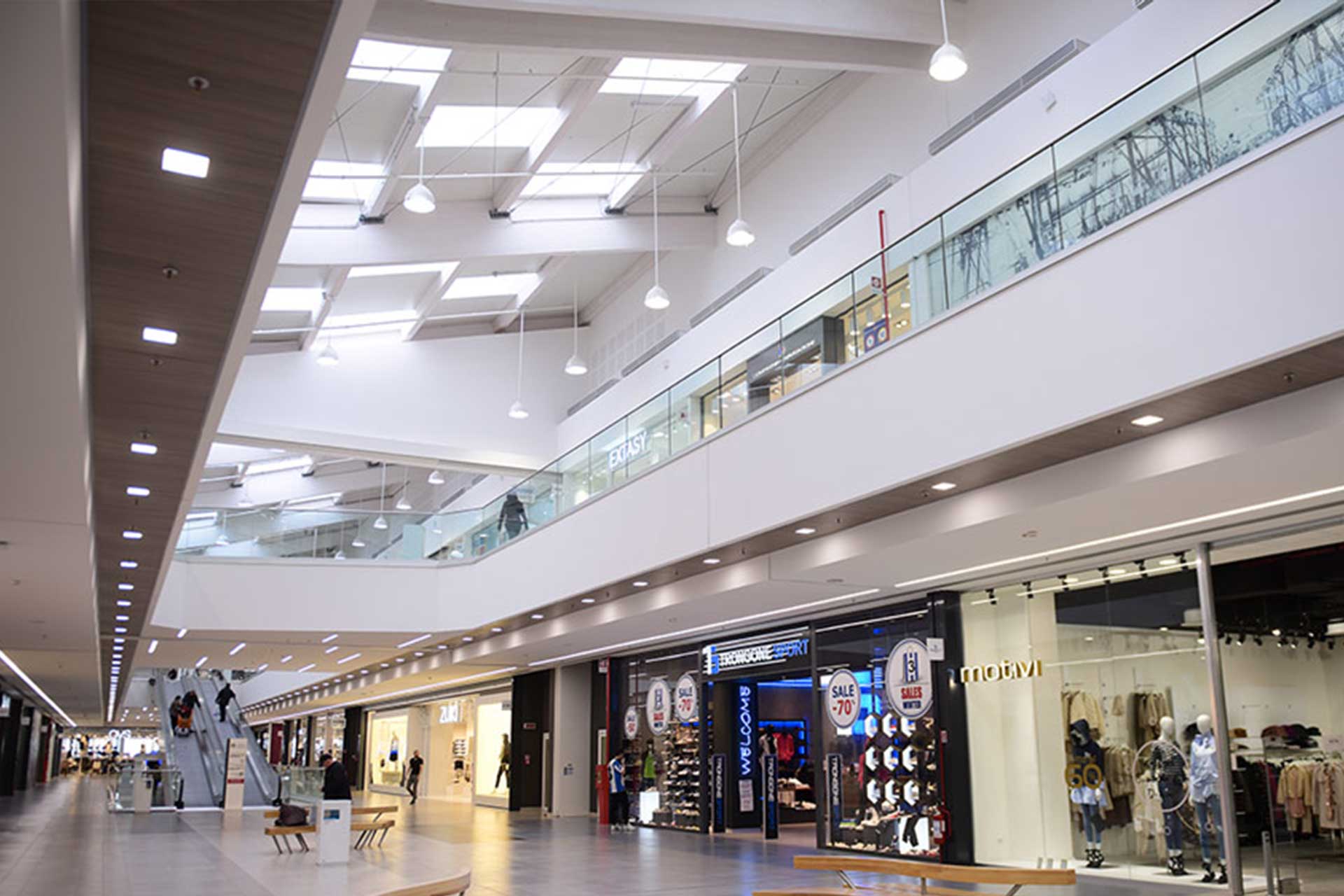 EPC Contracting
EPC Contracting
Le Cotoniere
Learn how Cefla integrated advanced systems into Salerno's Le Cotoniere Shopping Center, improving...
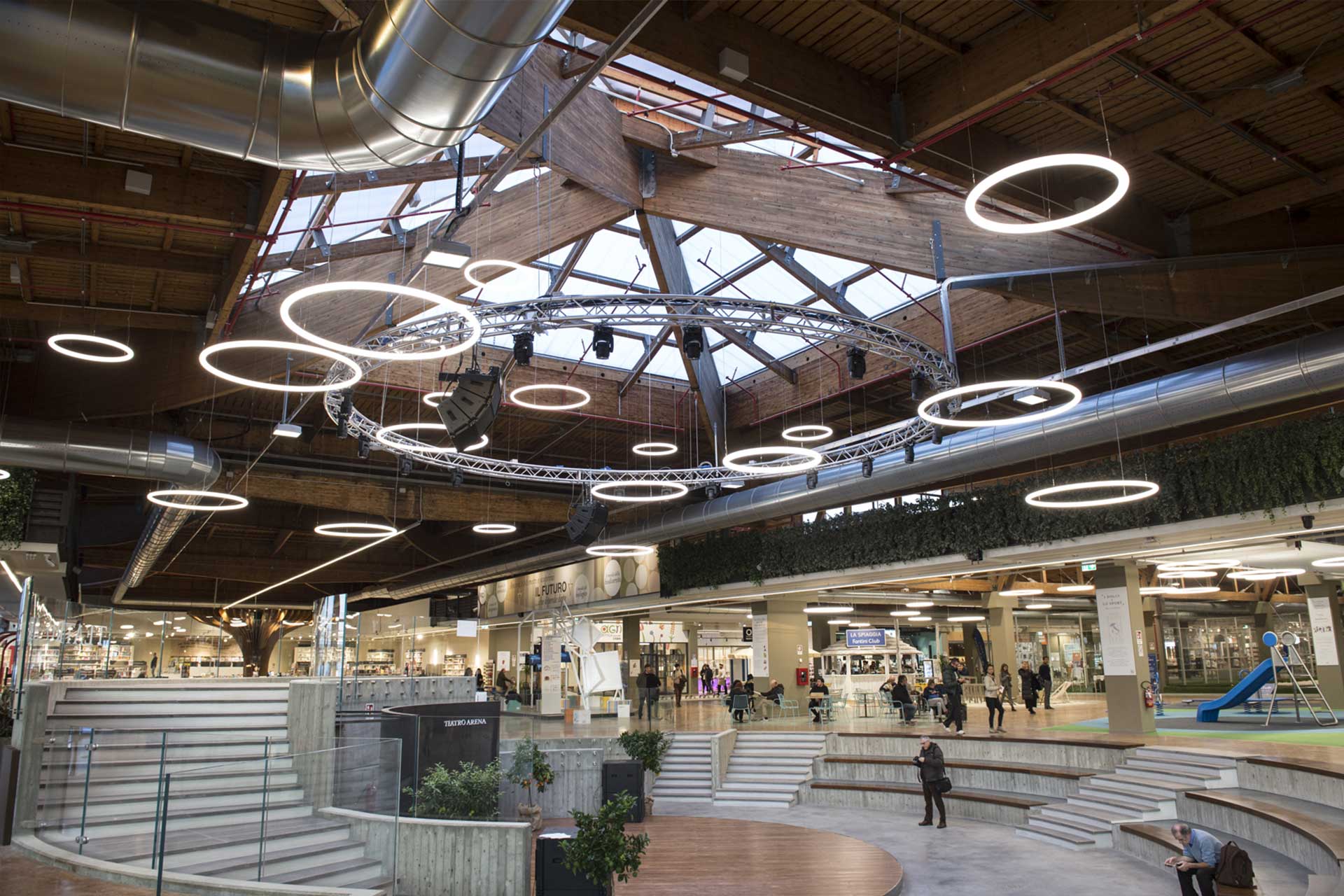 EPC Contracting
EPC Contracting
FICO Eataly World
Learn how Cefla contributed to FICO Eataly World with sustainable and energy-efficient plant...
News
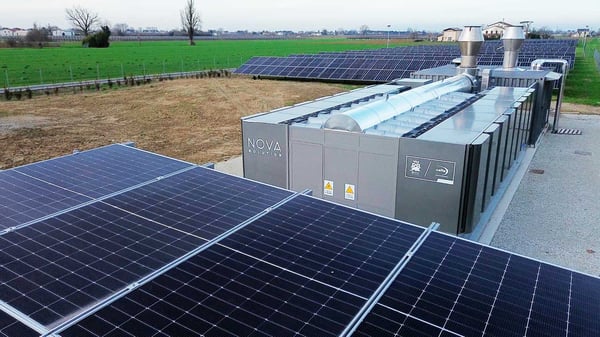
Racing Bulls Green Energy Park: the new era of sustainable motorsport
25 February 2026
Visa Cash App Racing Bulls unveils Cefla's innovative fuel cell plant in the new "Racing Bulls Green Energy Park"
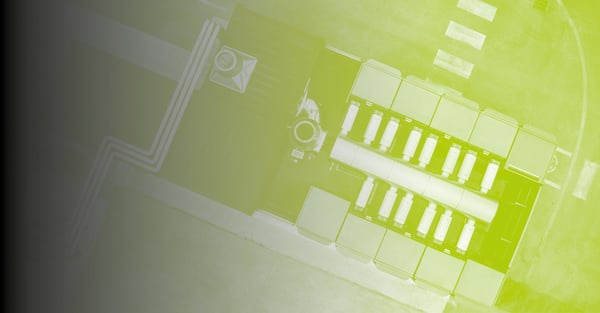
Are you ready for KEY - The Energy Transition Expo 2026?
25 February 2026
Attend KEY - The Energy Transition Expo 2026 to discover the latest sustainable technologies and innovative solutions for the energy transition.

Energy HUB: from concept to implementation. The Itala case study
24 February 2026
Learn how with Cefla, Itala is revolutionizing the dairy sector with innovative and sustainable energy solutions at its new production facility.
Find the perfect solution for your business
